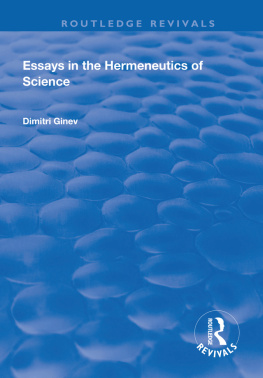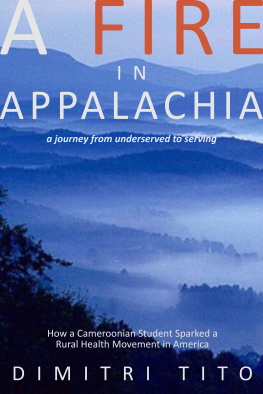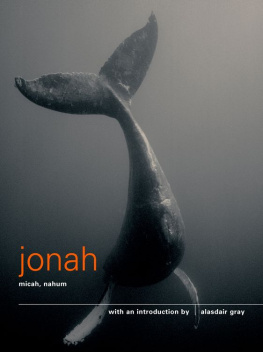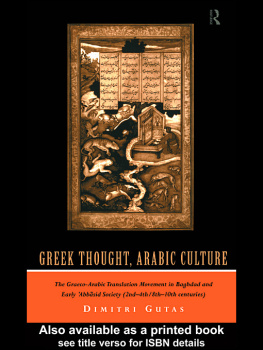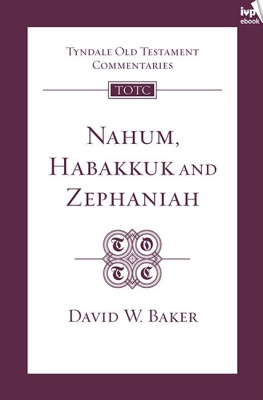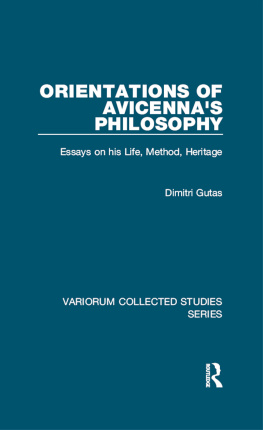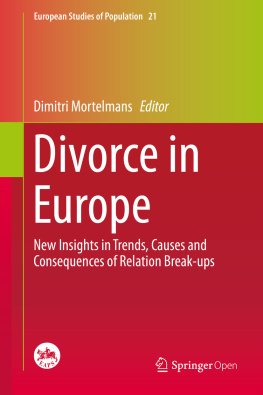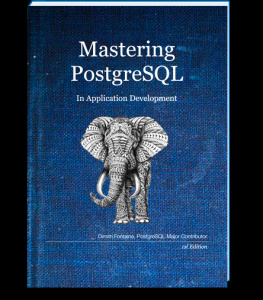
TOWARD AN AFRICAN FUTURE
OF THE LIMIT OF WORLDSERIES EDITORS
David E. Johnson, Comparative Literature, University at Buffalo
Scott Michaelsen, English, Michigan State University
SERIES ADVISORY BOARD
Nahum Dimitri Chandler, African American Studies, University of California, Irvine
Rebecca Comay, Philosophy and Comparative Literature, University of Toronto
Marc Crpon, Philosophy, cole Normale Suprieure, Paris
Jonathan Culler, Comparative Literature, Cornell University
Johanna Drucker, Design Media Arts and Information Studies, University of California, Los Angeles
Christopher Fynsk, Modern Thought, Aberdeen University
Rodolphe Gasch, Comparative Literature, University at Buffalo
Martin Hgglund, Comparative Literature, Yale University
Carol Jacobs, German and Comparative Literature, Yale University
Peggy Kamuf, French and Comparative Literature, University of Southern California
David Marriott, History of Consciousness, University of California, Santa Cruz
Steven Miller, English, University at Buffalo
Alberto Moreiras, Hispanic Studies, Texas A&M University
Patrick ODonnell, English, Michigan State University
Pablo Oyarzun, Teora del Arte, Universidad de Chile
Scott Cutler Shershow, English, University of California, Davis
Henry Sussman, German and Comparative Literature, Yale University
Samuel Weber, Comparative Literature, Northwestern University
Ewa Ziarek, Comparative Literature, University at Buffalo
TOWARD AN AFRICAN FUTURE
OF THE LIMIT OF WORLD
NAHUM DIMITRI CHANDLER
Cover: Photo of W. E. B. Du Bois lecturing on Africa, 1956. The W. E. B. Du Bois Papers (MS 312). Courtesy of the Special Collections and University Archives, University of Massachusetts, Amherst. Cover design by Francis Nunoo-Quarcoo.
Published by State University of New York Press, Albany
2021 State University of New York
All rights reserved
Printed in the United States of America
No part of this book may be used or reproduced in any manner whatsoever without written permission. No part of this book may be stored in a retrieval system or transmitted in any form or by any means including electronic, electrostatic, magnetic tape, mechanical, photocopying, recording, or otherwise without the prior permission in writing of the publisher.
For information, contact State University of New York Press, Albany, NY
www.sunypress.edu
Library of Congress Cataloging-in-Publication Data
Name: Chandler, Nahum Dimitri, author.
Title: Toward an African futureof the limit of world / Nahum Dimitri Chandler.
Description: Albany : State University of New York Press, [2021] | Series: SUNY series, literature in theory | Includes bibliographical references and index.
Identifiers: LCCN 2020040172 (print) | LCCN 2020040173 (ebook) | ISBN 9781438484198 (hardcover : alk. paper) | ISBN 9781438484204 (ebook)
Subjects: LCSH: Du Bois, W. E. B. (William Edward Burghardt), 18681963Criticism and interpretation. | Du Bois, W. E. B. (William Edward Burghardt), 18681963. Color and democracy. | Du Bois, W. E. B. (William Edward Burghardt), 18681963. World and Africa. | American literatureAfrican American authorsHistory and criticism. | Critical theoryUnited States20th century. | HistoriographyUnited States. | ImperialismHistoriography. | Race relationsHistory. | AfricaHistoriography.
Classification: LCC PS3507.U147 Z56 2021 (print) | LCC PS3507.U147 (ebook) | DDC 960dc23
LC record available at https://lccn.loc.gov/2020040172
LC ebook record available at https://lccn.loc.gov/2020040173
10 9 8 7 6 5 4 3 2 1
For Nancy Tierney
(19552000)
am memoriam.
She understood the meaning of being black/Black
at the dawning of the twenty-first century.Contents
Acknowledgments
This text has been presented in several contexts. Two symposia at Queen Mary, University of London (sponsored by way of support from the School of Business and Management at Queen Mary) sparked its present form: most recently, Historiographies and Cartographies of Global CapitalismLabour, October 1315, 2011 (organized under the auspices of the Centre for Ethics and Politics [CfEP] at Queen Mary, by its director, Denise Ferreira da Silva, whom I thank; in the event, David Lloyd and Nicholas De Genovas respective, generous, engagements led me to attempt to render more clearly the terms of my proposed intervention); and earlier, Post-Colonial Capitalism: A Two-Day Symposium, held at the Goodenough Club, London, on October 1516, 2009 (organized by Stefano Harney, then of Queen Mary, University of London and Miguel Mellino, of Universit degli Studi di Napoli, LOrientale). In addition, I am grateful for the engagement of my fellow participants during the 2009 session, Denise Ferreira da Silva, Fred Moten, Ranabir Smaddar, and Sandro Mezzadra, for their rich provocations. In addition, sections were presented at the kind invitation of Tsunehiko Kato of Ritsumeikan University (Japan) in his capacity as president of the Japan Black Studies Association (Kokujin Kenkyu no Kai) as part of the plenary symposium Black Studies in the Age of Globalization at the 57th annual meeting of the Association in Kyoto, Japan, June 25, 2011. Professor Katos formulation of the question of the symposiumdistributed in written form to both the panelists, which included John McLeod of Leeds University (UK), Amrijit Singh of Ohio University (USA), and Lee Yu-cheng of Academica Sinica (Taiwan), and to the participants in the conferenceis a basic reference for the context of my contribution to the symposium. For, my remarks here are offered as one gesture of a potential interlocution. Likewise, some parts of this text in its present form were presented at An International Conference: W. E. B. Du Bois and the Question of Another World, II, held on June 68, 2007, at the Renaissance Center, located in Shinagawa, Tokyo, under the auspices of the School of Global Studies, both of Tama University. And finally, an earlier formulation of thought was presented at The Future of Utopia: A Conference in Honor of Fredric Jameson, in the Literature Program at Duke University, April 2324, 2003. I warmly thank both Prof. Jameson and Prof. Alberto Moreiras, former colleagues and now ongoing friends, for the latter invitation. And then, at the root, the late Yaw Abankwa Manu of Ghana and Yacine Kouyat of Mali named the voice announced herein and first raised it up for a hearing. My relation to their solidarity is more and deeper than one of gratitude. It is the living of life and death, whatever is such, together. Now, Franc Nunoo-Quarcoo, born of three continentsin the art of his gift of designmust also be announced herein. I thank the editors of CR: The New Centennial Review and Michigan State University Press for permission to excerpt passages from texts presented in that journal (6, no. 3 and 12, no. 1). On November 17, 2014, at the UC Riverside, David Lloyd, Jodi Kim, and Ashon Crawley engaged me carefully in faculty seminar. At the University of Oregon, May 4, 2016, Sharon Luk set a touchstone seminar, as Lara Bovilsky, then Joseph Fracchia, each made me welcome. At New York University, October 17, 2018, Annmaria Shimabuku, with Yoon Jeong Oh, allowed this text amplitude as a base for generous discussion. Rashn Limki, of the Living Commons Collective, wonderfully brought Limkigraphics of Mumbai, India, to make possible the 2013 edition, the first, for which I remain profoundly grateful. Cover photo credit: W. E. B. Du Bois, 1956; reproduced from the W. E. B. Du Bois Papers (MS 312), by courtesy of the Special Collections and University Archives, University of Massachusetts Amherst Libraries. For this edition, a salutation to Toumani Diabat, father, with his son Sidiki, for the elders composition Lampedusa, resonant also in Tunkaranke, both so ancient and so new, across the generations and across the geographies. A faculty publication grant from the University of California, Irvine, Humanities Center graciously supported the publication of the SUNY Press edition of this book. Finally, I thank the scholars and curators, beginning with Prof. H. L. Gates Jr., who made possible the epistemological articulation of the 2017 documentary series





